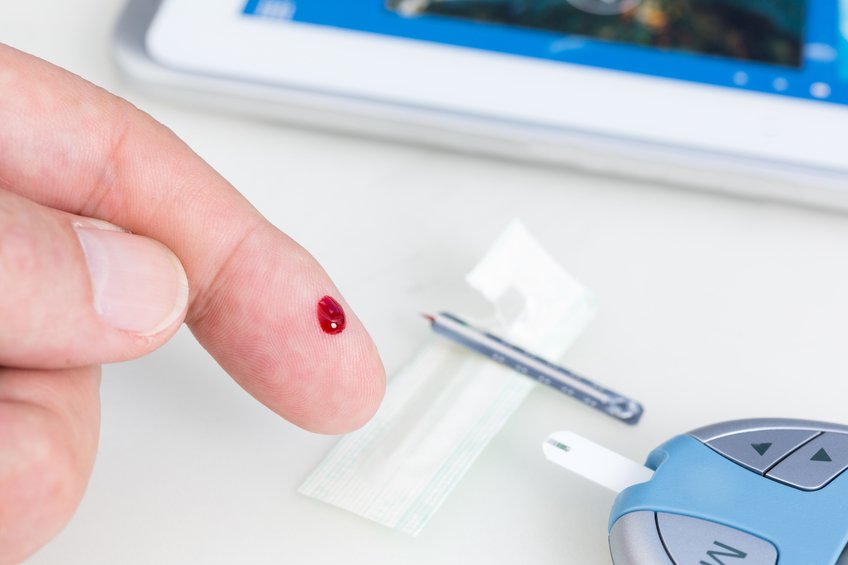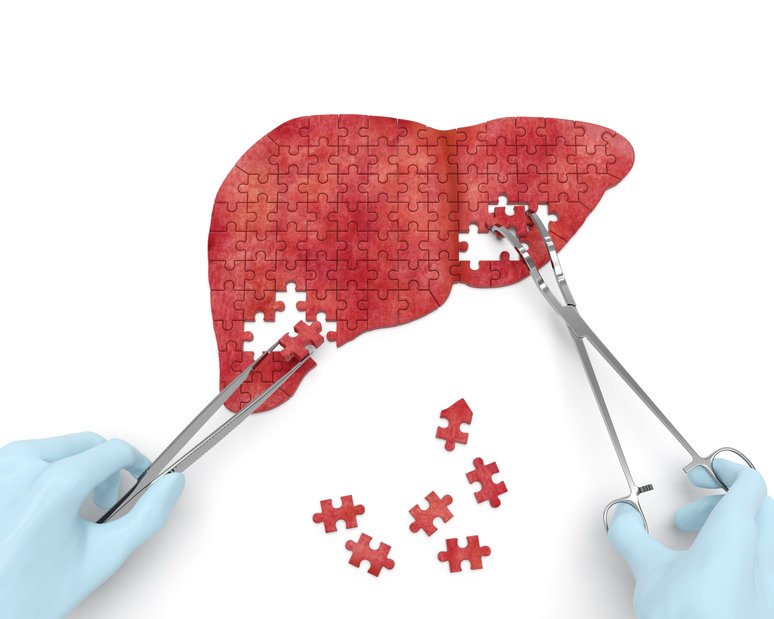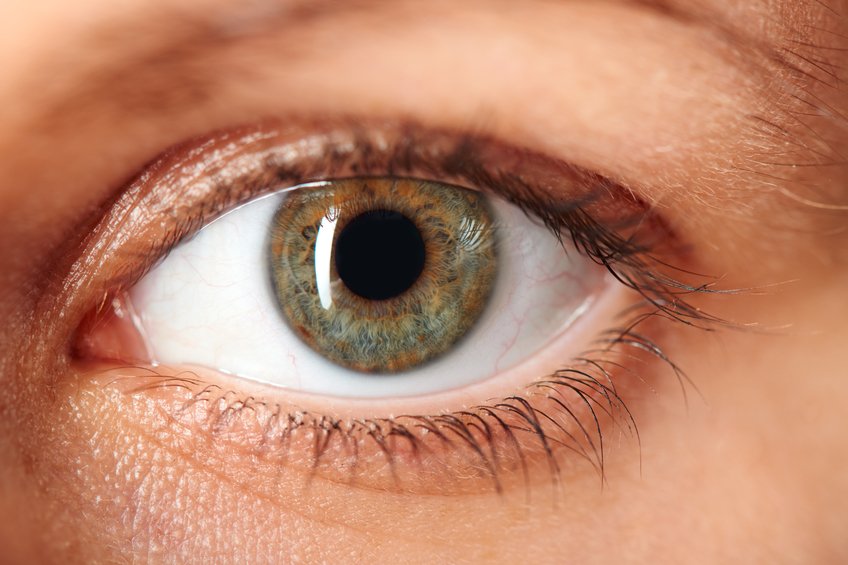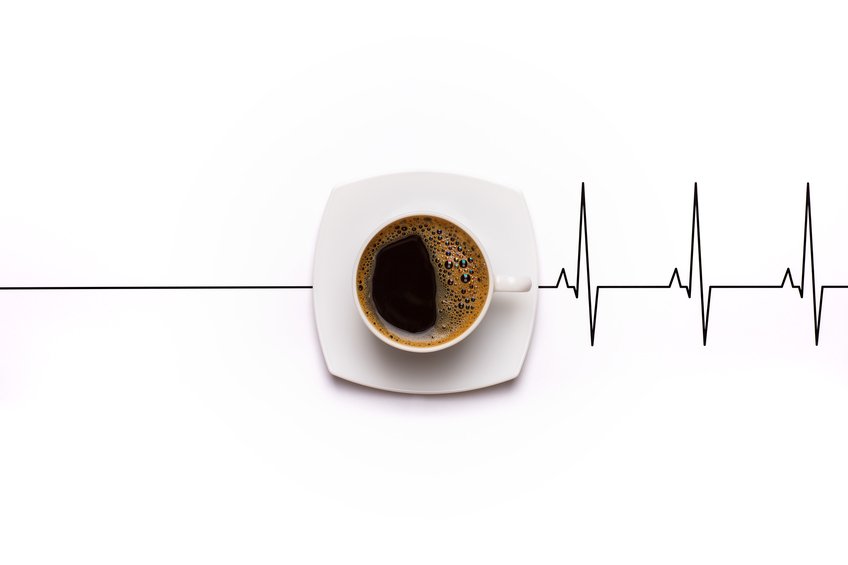Introduction
Many of us depend on our morning coffee to get us going at the start of the day. I know I'm a mess if I don't get mine!
Contrary to the old perception that coffee is bad for us there is a growing amount of evidence that it is actually probably very good for our health in many different ways.
I would like to give a brief overview of some of the health benefits in this post.
I have tried to keep a balance between referencing the evidence and also trying to keep this simple enough for non medical people to read.
In relation to the reseach which I discuss most studies consider low intake to be 1-2 cups per day, moderate is 3-4 and high is 5-6 (or higher).
N.B.: This is not intended as medical advice. If you have been advised by your physician or other health professional to avoid caffeine I suggest that you discuss it with them before you make any changes to your coffee consumption.
The Composition of Coffee

Coffee contains hundreds of active compounds. The main ones that have been studied can be broken down into a number of groups. Note many of these compounds have multiple effects.
- Caffeine - a stimulant which inhibits adenosine (an inhibitory neurotransmitter which is related to drowsiness and sleep)
- Antioxidants - these protect against damage to cells from reactive compounds such as free radicals and have effects on inflammation.
- Chlorogenic acids (also seems to have direct effects on bile and biles salts)
- Phenolic acid
- Caffeic Acid
- Antimutagenics - these protect DNA against damage but are probably also antioxidants.
- tannins and flavonoids and other polyphenols
- Suspected hormone like agents - these may have an effect similar to hormone replacement in deficient individuals
- Trigonelline (sparse research but may mimic oestrogens) and others
1) Coffee can improve your cardiovascular health

Caffeine is known to increase blood pressure (BP) this is generally a bad thing when it comes to your heart and blood vessels. However the long term effect on BP from coffee (rather than pure caffeine) appears much smaller. Further the potential increase to cardiovascular risks from a raised BP seems to actually be negated by a number of other factors.
Known effects that actually reduce cardiovascular risk:
- Reduces Low Density Lipoprotein Oxidation - a "bad" form of cholesterol, it's oxidation is associated with damage to blood vessels called atherosclerosis (also know as furring up of the arteries).
- Reduces concentrations of inflammatory markers which are associated with cardiovascular disease - this suggests that coffee is reducing general amounts of inflammation in the body.
- Moderate intake reduces CHD risk (coronary heart disease - blocking of the blood vessels which causes heart attacks) - see study below.
- 2 cups per day can protect against heart failure.
- There is NO association with cardiac arrhythmias (abnormal heart rhythms) despite previous beliefs - this is important because in the past people with certain types of arrhythmias were advised to avoid coffee.
Notable Research
- Too much too fit here in relation to all the points above. One notable study by Choi et al (in the Journal Heart) from 2015 found a lower prevalence of subclinical coronary atherosclerosis (furring of the arteries of the heart prior to a heart attack) in coffee drinkers.
2) Coffee can prevent Strokes

This is a bit of a paradox.
Stroke risk is normally related to rises in blood pressure.
Coffee can cause at least transient rises in blood pressure (as noted above), however, contrary to what one would expect based on this it actually reduces the risk of ischaemic strokes (ischaemia means a lack of blood and refers to a blocked blood vessel in the brain here).
- A 2011 meta analysis by Larson et al (Am J Epidemiol. )found a 17% reduction in stroke risk.
- A Swedish Study on women also by Larson et al (in Stroke) found 22-25% risk reduction.
- 2013 Japanese study by Kokubo et al (Stroke) of 80,000 adults with CVD reported 20% reduction in ischaemic stroke from drinking coffee/green tea over 13 years.
Note (image above shows a CT scan of a patient who has had a stroke. - Specifically a middle cerebral artery infarction.)
3)Coffee can reduce the risk of developing Type 2 Diabetes

Multiple studies have shown that coffee results in improved glucose metabolism, insulin secretion and reduced risk for diabetes.
Coffee reduces inflammatory markers such as amyloid and CRP (C-Reactive Protein) which are know to precede the onset of type 2 diabetes.
The effects may relate primarily to the chlorogenic acid content.
Notable recent research:
- A 2015 Study by Koloverou et al in European Journal of Clinical Nutrition showed that coffee drinkers are half as likely to develop type 2 diabetes compared to non drinkers
4) Coffee can reduce the risk of developing multiple types of Cancer

There is considerable evidence on coffee reducing a variety of cancers.
This is thought to be due to antioxidants including cholorogenic acids and antimutagenic compounds such as polyphenols/flavonoids.
These are thought to act by protecting DNA from damage and may also assist in DNA repair.
A reduction in cancer risk has been observed in the following cancer types:
- Endometrial Cancer (lining of the uterus/womb)
- Prostate Cancer
- Head and Neck Cancers
- Basal Cell Carcinoma (a type of skin cancer)
- Melanoma (cancer involving the cells that pigment the skin)
- Breast Cancer
Notable recent research:
- There is too much notable research to list here due to the vast range of cancers affected but a search on Medline will reveal the extensive evidence.
5) Coffee can reduce the risk of developing Depression

I think that most people have probably noticed a transient effect from coffee drinking on their mood (most likely due to caffeine). What is more surprising is that it also seems to have long term protective effects against depression.
These long term effects are most likely due to anti-inflammatory effects from the many varied antioxidants that coffee contains.
Notable recent research:
- A 2011 study by Lucas et al in the Achives of Internal Medicine found that women drinking 2-3 cups of coffee per day had a 15% reduced risk of depression,
- The effect was even greater for women drinking 4 cups or more of coffee per day resulting in a 20% decreased risk of depression.
6) Coffee can reduce the risk of developing Alzheimer's Disease (AD), Parkinson's Disease (PD) and Other Dementias

We have an ageing population and as a result of this we have seen a massive increase in dementias - these are a group of diseases that involve degeneration of the brain. The most well known of these is Alzheimer's disease.
Dementias have a devastating effect on families - for example in AD families watch as their affected loved one's personality and memories gradually degenerate over time.
For many years it had been observed that coffee and caffeine seemed to have some benefits in dementia risk and disease progression.
A growing body of research is supporting this.
Studies in mice suggest that caffeine directly surpresses enzymes involved in the production of beta-amyloid (a type of protein which is associated with AD).
Coffee also increases granulocyte colony-stimulating factor (stimulates production of certain types of white cells), interleukin 10 and interleukin 6 (both inflammatory mediators).
These are related to inflammation and indicate that some of the effect may be via changes in the immune system.
Notable recent research:
- A 2012 study by Borota et al in Nature Neuroscience found that people with mild cognitivie impairment (a precursor of dementia) that had higher blood caffeine concentrations had a reduced risk of progression to dementia over next 2-4 years.
- A 2012 study by Ross et al (presented at the 64th Annual Meeting of the American Academy of Neurology) found that coffee may prevent formation of Lewy Bodies a key pathological finding in PD.
7) Coffee is good for your liver

Most of the active compounds in coffee are broken down in the liver. Ironically it seems that this also confers considerable heath benefits to the liver itself.
The Chlorogenic acid in coffee is thought to be responsible for a reduction in the risk of gallstones in coffee drinkers.
Coffee also lowers the risk for non alcoholic fatty liver disease (NAFLD) - this is a growing problem and cause of liver failure in modern society. The main cause of it seems to be growing rates of obesity.
Coffee also slows the progression and may even reverse cirrhosis to some extent . It also slows the progression of Hepatitis C.
Further, in both of these diseases it also reduces the progression to hepatocellular carcinoma which is a potential secondary risk.
Notable recent research:
- A 2012 study by Birerdinc et al (Aliment Pharmacol Ther.) found a lower risk for nonalcoholic fatty liver disease (NAFLD) in coffee drinkers.
- A 2014 study by Saab et al (Liver Int.) found coffee protects against liver fibrosis in those who already have NAFLD.
8) Coffee has some miscellaneous benefits too

There are other less well know benefits which have been reported from coffee drinking. For example coffee can relieve dry eyes by increasing tear production - which can actually be very helpful for people who suffer problems with tear production. It may also reduce the risk of people developing gout and may have benefits in fighting infection.
Notable recent research:
- A 2011 study by Matheson et al (Ann Fam Med.) found that people who drank coffee (or tea) were less likely to have MRSA (Methicillin Resistant Staphylococcus aureus) in their noses.
- A 2007 study by Choi HK et al (Arthritis Rheum.) found a reduced risk for gout in men.
9) Coffee seems to reduce death from all causes

Due to the vast array of chemicals contained in coffee and the health benefits it confers to multiple systems of the body it is perhaps not surprising that it also has an effect on mortality.
Notable recent research:
- A 2012 Study of 400,000 patients in the New England Journal of Medicine (by Freedman et al) found a 10% reduction in all causes of mortality.
- A 2014 Meta-analysis in the American Journal of Epidemiology (by Crippa et al) reported significant reduction in all causes of death associated with consumption of 3-4 cups per day.
10)It's not all good news though

Nothing is 100% beneficial and coffee is no different. As I have stated before coffee is a mixture of hundreds or more different organic compounds.
As previously mentioned coffee can cause transient increases in blood pressure this may be of relevance to people who have certain conditions where their blood pressure needs to be tightly regulated. It is also a mild diuretic and can cause dehydration if taken in excess.
As many of us know from personal experience it can worsen anxiety, cause insomnia, and exaggerate tremors. These are dose related effects and become worse the more that you drink.
It can also worsen glaucoma - which is why you might be advised to stop or reduce your intake if you suffer from this condition.
Finally coffee and more specifically caffeine has a known withdrawal syndrome - do you get a throbbing headache if you miss your daily dose? - That is the withdrawal syndrome. In severe cases this can cause throbbing migraine like headaches.
For those who don't have a copy of DSM V (Diagnostic and Statistical Manual V of the American Psychiatric Association) a 2013 Wall Street Journal article summarises the criteria for caffeine withrawal from DSM V as follows:
"To be diagnosed with caffeine withdrawal, a patient must experience at least three of five symptoms within 24 hours of stopping or reducing caffeine intake: headache, fatigue or drowsiness, depressed mood or irritability, difficulty concentrating, and flulike symptoms such as nausea or muscle pain."
Whilst addiction potential is considered low for coffee it is still possible and it is not rare to come across individuals who are at the very least psychologically dependent if not addicted.
Conclusion

On the whole the evidence is growing that coffee is very good for us. It seems to protect us against many diseases. That said it it can also be problematic in certain circumstances. Always consult your doctor or health professional before making any changes to your diet including coffee consumption.
Thank you for reading. I hope you have found it stimulating and interesting to read.
If you like my work please follow me and check out my previous photography work and tutorials @thecryptofiend - hope you enjoy them too.
Credits and Notes:
This is based on my own notes from a Medscape presentation by Dr Bret S. Stetka from 2015 and I would have found it considerably more difficult to put this together if it hadn't been for Dr Stetka's comprehensive review of the literature. I used the presentation as a framework and added in my own reading and findings to it. If you are interested in seeing the presentation there is an archived slide show here (medical registration and Medscape account required for access).
Credits for images - All Images are purchased from Istockphoto using my own personal account except for Image of CT scan of a stroke and Skull Painting which are both public domain and taken from Wikipedia. Further information can be provided if requested.

